It seems like we have a tendency to point out the bad in everything - and one of the most common forms of pointing out the bad is when we point out the lack of productivity in a team or an organization. There are three fingers in pointing out productivity issues. First, there are no fingers.

When you point out that productivity is lacking in an organization, do you have a finger? Do you have both hands? Maybe you don't have both hands. Maybe you only have one hand. But whether you have a full set or not, if you still can't do this, then you've effectively pointed out the lack of productivity in the organization - without actually pointing at anyone in particular.
Most people who engage in this sort of thing will maintain a distance from the target of their fire. In other words, they'll lean away from the target without actually meeting it. If you lean away, then you will stand back. This is the first aspect of leadership that I want to discuss. When you don't stand back, you don't give others permission to push you around. When you lean back, you allow your group to be the leader, instead of you being the follower.
Leadership is recognizing that people have needs and desires, but that those needs and desires don't change unless you recognize them and make them a priority. You do this by being responsive. That is, you don't respond to others' needs or wants by merely filling them or by expecting them to fill them. When you respond, you put yourself in a position to lead rather than follow. Whenever you point a finger at someone else there are three fingers - you, them, and the situation.
When you don't point a finger at someone else, there are four. You have the environment, you have the situation, you have your behavior, and you have the leader. If you're the leader, your responsibility is to ensure that everyone in your group understands what it is that you expect of them and that they are willing to meet those expectations. When you're the environment, you're the one setting the atmosphere - the rules, the protocols, the structure - and you're responsible for ensuring that everyone is following them. When you point a finger at someone else there are three fingers - you, them, and the situation.
The situation is where you're in charge and you're in command. You're the one who sets the rules and you're the one who decides who gets the consequence (in this case, a consequence is getting yelled at). You're the only one accountable for any consequences. When you act out of anger or frustration, it's you who gets the repercussions. When you point a finger at someone else, it's you who gets to be held accountable.
The situation is a classic example of when you act out of control and there's no one else to call on but yourself. When you force someone else to change something, whether it's their behavior or their thoughts, you're sending a message that you control all aspects of their lives. When you force someone else to do something without their permission or their input, you're saying that you can get any way you want and that you're the final arbiter. When you point a finger at someone else you're telling them that they don't matter and you can get away with any wrong doing or thinking you want.

You can be a great leader by creating order and structure in people's lives. This creates an environment where people know where they stand and how things are done. It's not enough to just let them do what they're doing; you have to be able to step in and stop them from acting on impulse and interfering with the flow of things. However, when you act on impulse and create structures instead of rules you're not really creating order and structure but rather you're just moving the goalposts and reassigning positions. The only thing different about these two situations is that the people involved end up with different responsibilities and two different mental models about how they handle the situations at hand.
Hi, according to you when we point the finger at someone we are pointing at ourselves, we have fault and responsibility. A good leader must know how to delegate as well as take responsibility when there is a failure.